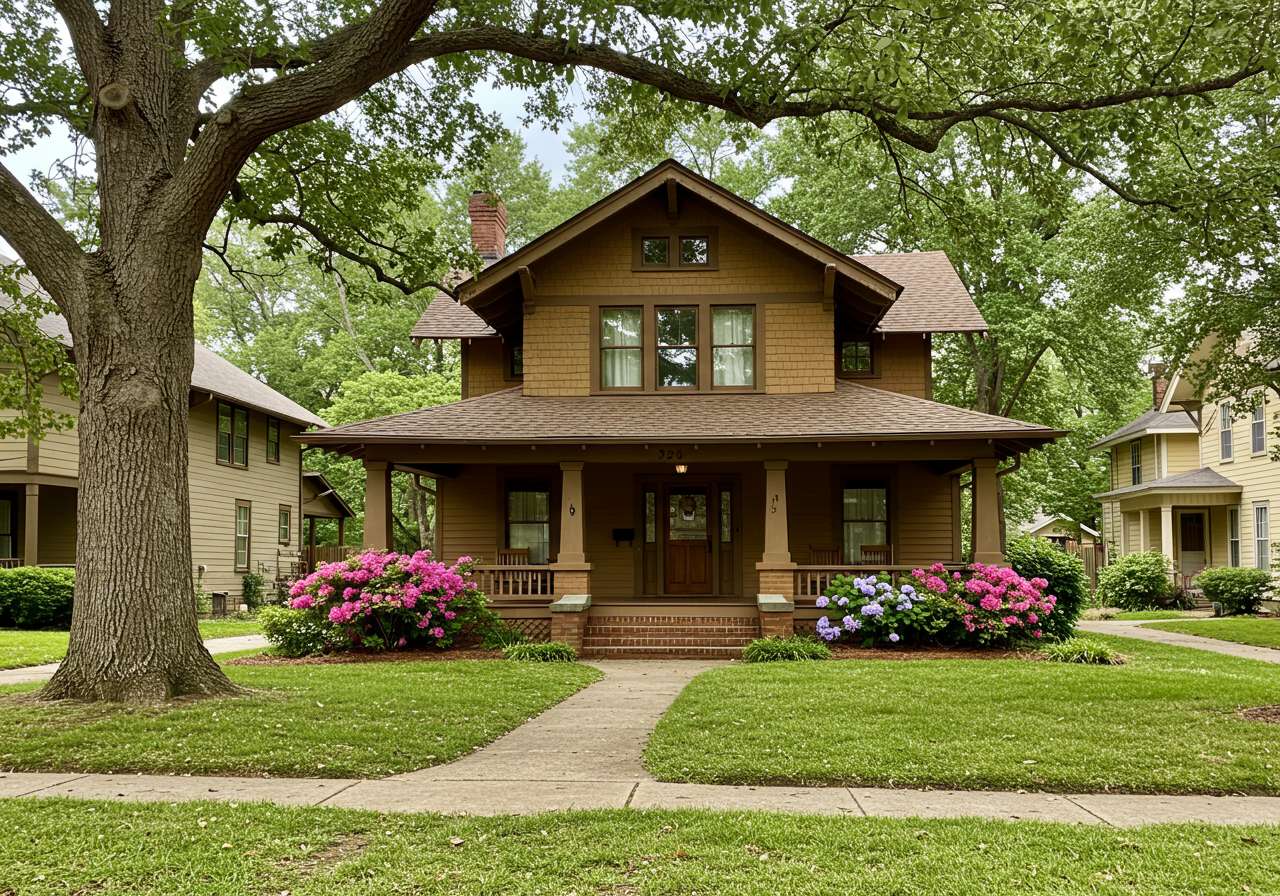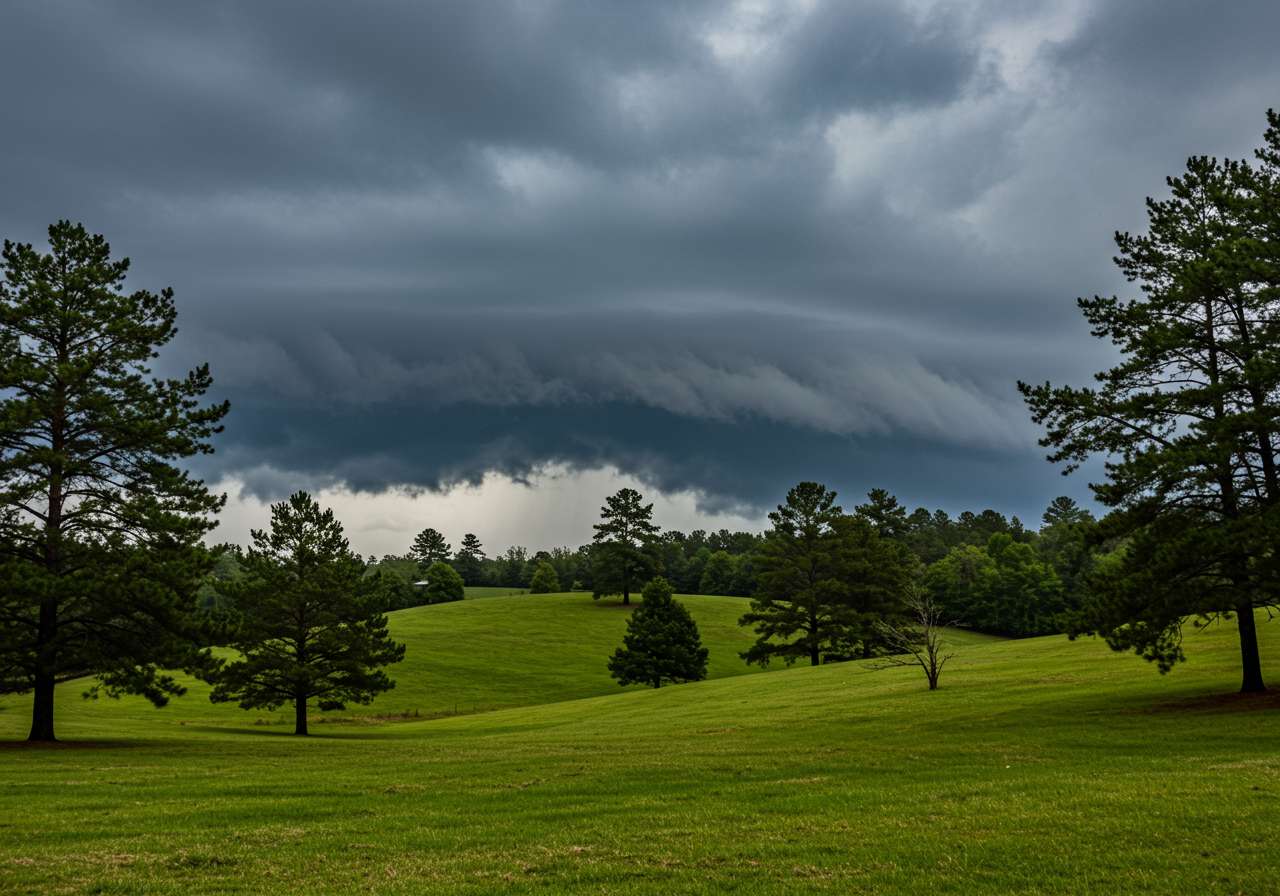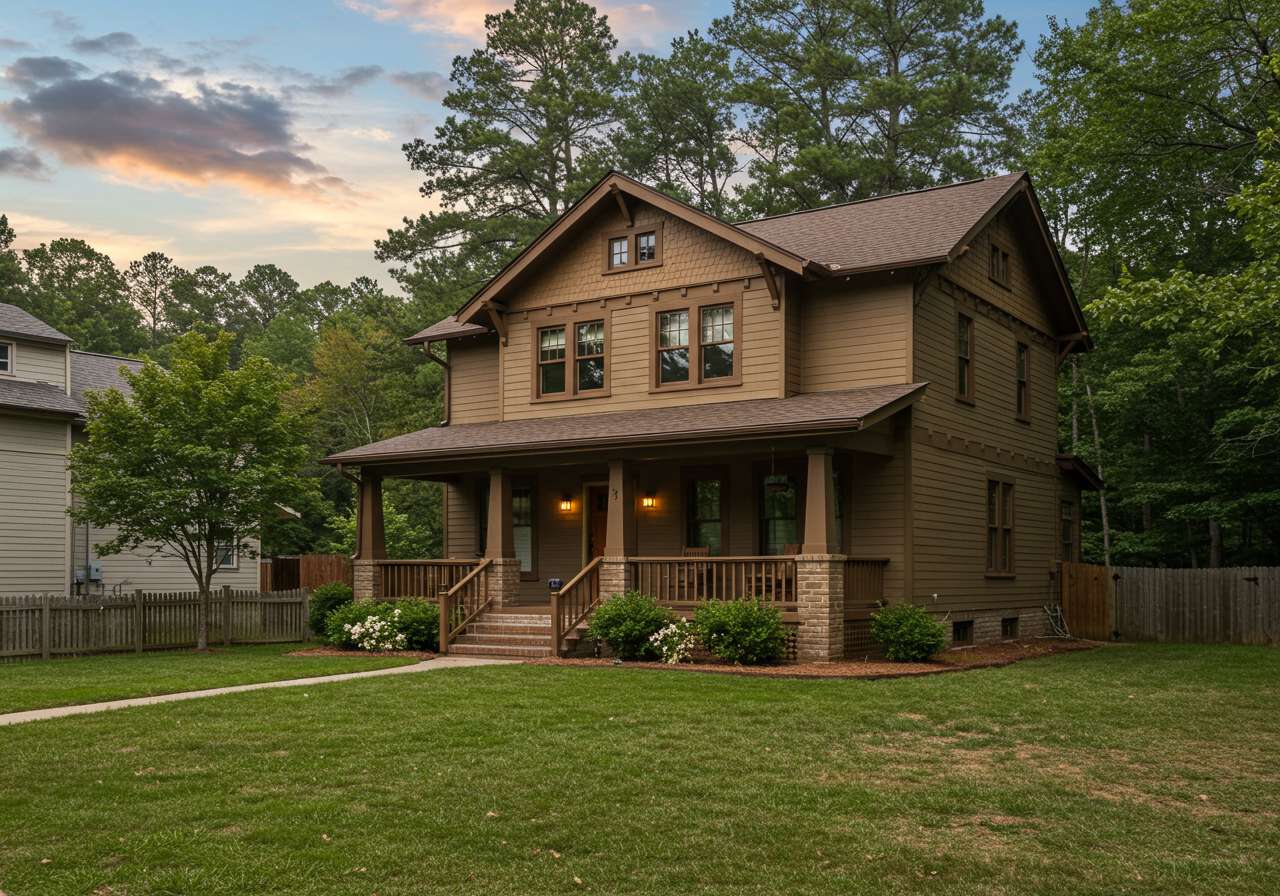Historic Roofs in Concord: Blending Modern Materials with Preservation Codes
Owning a historic home in Concord, North Carolina comes with a special set of privileges and responsibilities—especially when it’s time to repair or upgrade your roof. Balancing modern performance with the unique requirements of local preservation codes can feel overwhelming. How do you protect your investment, keep your home’s charm, and ensure compliance with city regulations? Let’s explore what you should know before starting a roofing project on your historic Concord home.
Choosing Modern Roofing Materials for Historic Homes in Concord
Modern roofing technologies have come a long way. Today’s materials offer impressive durability, energy efficiency, and storm resistance. But in Concord’s historic districts, simply choosing the “best” material isn’t enough. Homeowners must select products that not only perform but also blend seamlessly with the historic character of their property.
Understanding Local Preservation Guidelines
- The City of Concord enforces detailed regulations for historic districts. These are designed to maintain the architectural integrity of neighborhoods like the North Union Street Historic District and South Union Street Courthouse District.
- Preservation codes may restrict certain materials, colors, and installation methods. For instance, synthetic slate or architectural shingles might be allowed, but only if they closely mimic the original materials in appearance and profile.
- Before starting any roof work, always check the City of Concord Preservation Commission for guidelines and required approvals.
Modern Materials That Meet Preservation Standards
- Synthetic slate and shake: These advanced materials replicate the look of natural products but offer improved impact resistance—ideal for Concord’s hail-prone springs.
- Architectural asphalt shingles: High-quality versions can mimic historic textures and colors, giving a period-accurate look with modern reliability.
- Membrane roofing systems: For low-slope or flat sections, modern membranes can provide watertight protection without detracting from historic aesthetics.
Curious about which materials are approved for your Concord neighborhood? A professional inspection can help you identify options that won’t jeopardize your home’s listing or value.
Navigating Roof Repair Regulations and Avoiding Costly Mistakes
The process of repairing or replacing a roof on a historic property isn’t just about aesthetics—it’s about legal compliance and long-term value protection.
Common Concord Historic Roofing Pitfalls
- Skipping official approvals: Making changes without proper permits or commission sign-off can result in fines, forced removal, or loss of historic status.
- Overlooking structural compatibility: Some modern materials are heavier than old roof timbers can support. Always have your roof structure professionally evaluated before upgrading materials.
- Ignoring ventilation and underlayment: Today’s underlayments and venting can drastically increase roof lifespan, but must be integrated without changing your home’s exterior profile.
Steps to Take Before Starting Roof Work
- Schedule a free roof inspection with a Concord-based expert familiar with local preservation codes.
- Gather documentation—original plans, old photos, and prior repair records can speed up the commission’s approval process.
- Consult with your insurance provider about coverage for historic properties. Some policies may have special requirements or limitations for non-standard materials.
Ready to start your project? Our team at Concord NC Roof Repair specializes in guiding homeowners through every step of the historic roofing process. Submit a quote request today and get advice tailored to your property and neighborhood.
Insurance Considerations for Historic Roof Repairs
After storm damage or other event triggers, roof repairs on historic homes can raise unique insurance questions. Most insurers cover replacement with like-kind materials, but coverage for upgrades to modern alternatives—or for code-required changes—may vary. Always:
- Request a detailed inspection report for insurance documentation.
- Ask your provider about policy limits on historic features and code upgrades.
- Work with local experts who can help you navigate paperwork and advocate for appropriate coverage.
Preserving Concord’s historic charm is rewarding, but it doesn’t have to be complicated. With the right materials, expert guidance, and proactive planning, you can keep your home protected—and authentically beautiful—for years to come.
.png)




